In my new book, Lessons from Fallen Civilizations, Vol. II, – The Way Forward, I report that the nearly autonomous Kurds of Northern Iraq, have not only exhibited great heroism in driving ISIS out of the towns and cities near their homeland but have made enormous strides in bringing about the coming Islamic reformation. I chronicle Kurdish battlefield heroics where all-female fighting units showed the world that modern Kurdish Muslims can embrace full female human rights and elevate some women to a heroic status. In addition, the Iraqi Kurds confound much of present Islamic dogma because they are staunch allies of both Israel and the US.
The book contains a series of published articles on Kurdistan where I propose that the time has come for the US to recognize the Kurds’ long-sought desire to live in a free and independent Kurdistan but with a final stipulation—that they officially recognize Israel’s right to exist. This, I postulate, could move mountains in terms of setting the stage for great portions of Islam to give up its fourteen-century quest to conquer the infidel and for militant Islam to lay down its arms and join the community of nations.
In the aftermath of ISIS battlefield losses to the coalition of the Iraqi Army, Kurdish Peshmerga forces, and US Special Operations, Laura Ashburn, the managing Editor of EWTN News Nightly of the Global Catholic Network, travelled with some Iraqi Christians as they made their way back to their homes. These were small enclaves in Northern Iraq, on the Nineveh plain, just outside Kurdistan, villages that had been home to Christian Chaldeans and Assyrians for two millennia.
In the village of Batnaya, Ashburn witnessed both heartbreaking destruction and signs for hope. ISIS had controlled the town for two years before being driven out last November. Approximately 90% of the town had been flattened by the war. Almost all its religious statuary had been defaced or destroyed. She spoke to a grandmother and her daughter who stood and sobbed in front of their hugely damaged home. They said that they were desperate to start a new life but had no money to rebuild. Nevertheless, the daughter’s husband climbed to the roof of the home and fashioned a makeshift cross from a metal rod there.
The Church in the center of town was defiled but was still standing as the Islamic State had planned to turn it into a mosque before they were summarily forced to flee. On Palm Sunday, a crowd of people formed a procession through Batnaya, talking, laughing, and singing. Wonderfully they were guarded by both Christian and Muslim Kurdish military. The procession ended at the Church where the priest and volunteers had spent weeks cleaning up and preparing for its first services since Batnaya’s conquest by ISIS. The priest celebrated the mass in Aramaic, the language that Jesus spoke. It was a triumph of hope over hatred.

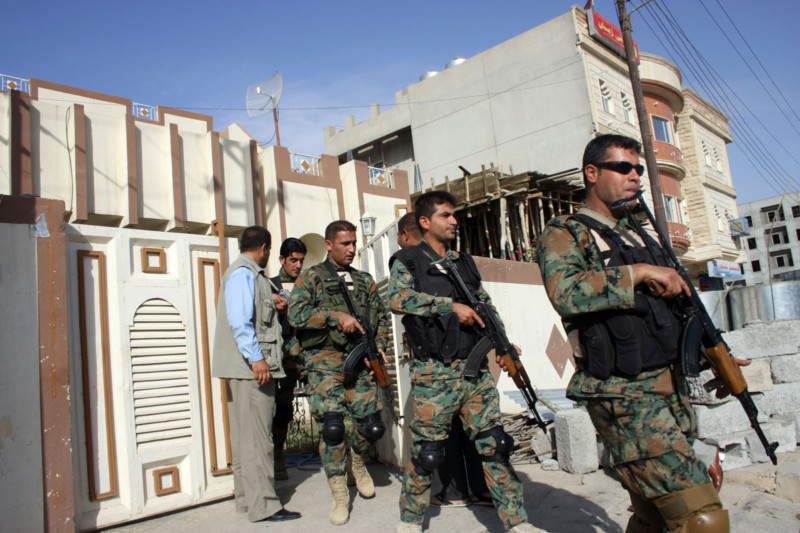
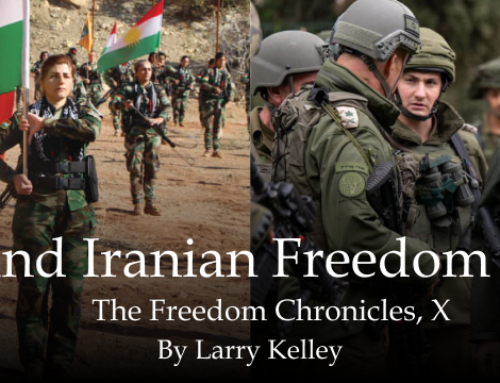
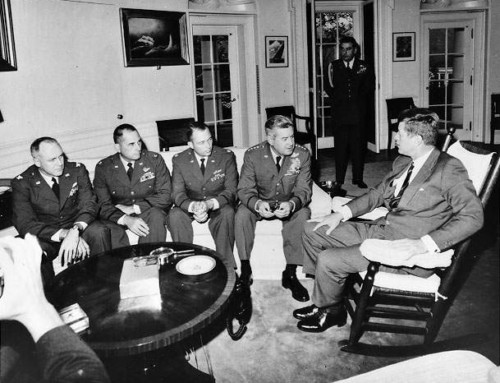
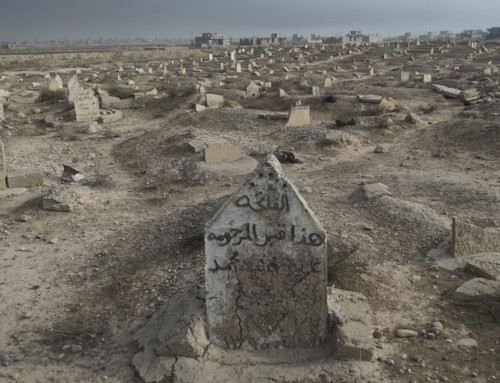

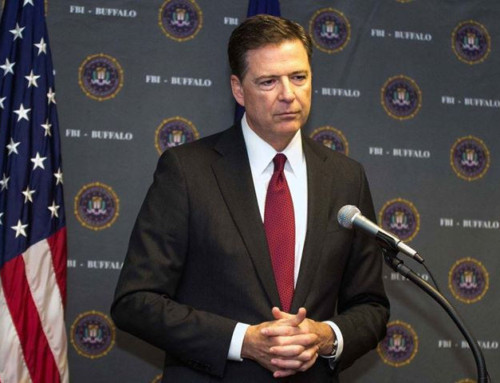
Hello Mr. Kelley,
I have a question about Total Kurdish population in the Middle East. In most of your articles, you used 40 million and in few, you have 30 million. Do you have any reliable source? Please let me know.
Thanks,
Dr. Kay
Dr. Kay,
Thanks for writing. The Kurds live in a diaspora which stretches from South Eastern Turkey, to Northern Syria, to Northern Iraq, to North Eastern Iran. It’s my understanding that in all four of these countries, reliable census figures, especially for minorities in remote areas are a “best guess” estimates. In the Gospel according to Luke, Jesus of Nazareth was born in Bethlehem because Mary and Joseph were required to return to his home town for that year’s census. It appears that the 1st century Romans were better at counting their subjects than are many countries in the Middle East today.
– Larry Kelley